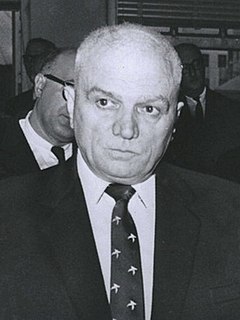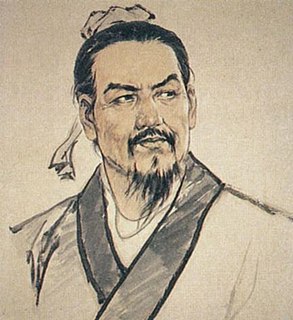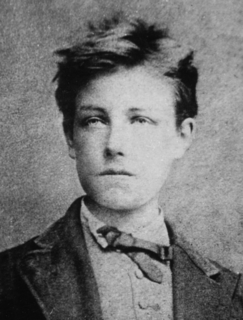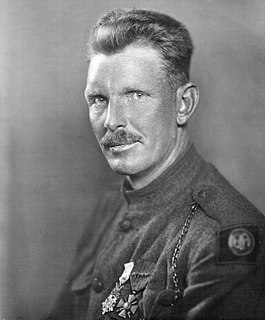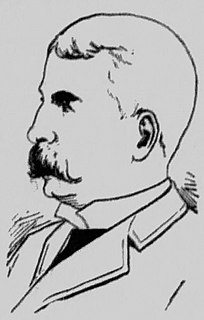A Quote by Jean-Paul Sartre
The coward makes himself cowardly, the hero makes himself heroic.
Related Quotes
When you see the violence of Hollywood movies, there is a tendency that the hero is combating and confronting many people, without much harm to himself. But in my films, the hero takes a lot of hits so the very act of the hero being the one on the receiving end, makes the audience cheer and connect with him.

